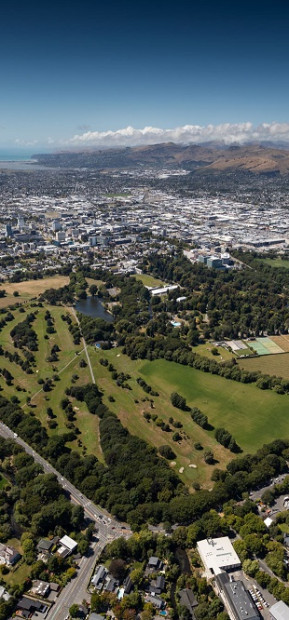Given the GCSP’s 30-year horizon, progress will naturally unfold over time, and the external environment in which the partnership operates will continue to evolve. By tracking key indicators over time, the partnership can assess whether trends are moving in the desired direction and evaluate the effectiveness of its implementation efforts.
This monitoring framework supports future decision-makers in assessing progress against the plan’s intent, highlighting areas where outcomes align with the partnership’s aspirations, and identifying where adjustments may be needed.
Given the Spatial Plan’s 30-year horizon, progress will naturally take time, and the external environment in which the partnership operates will continue to evolve. Monitoring key indicators over time is essential to understanding whether trends are moving in the right direction and to evaluating the effectiveness of implementation actions.
The monitoring framework is designed to support future decision-makers by providing a clear view of progress against the plan’s intent. It helps identify where outcomes align with the partnership’s aspirations and where adjustments may be needed if progress deviates from expectations.
To be effective, the framework must reflect both the changing external environment and the specific headline indicators and implementation milestones set out in the Greater Christchurch Spatial Plan. This layered approach ensures a comprehensive understanding of strategic progress and operational delivery.
Greater Christchurch Spatial Plan monitoring and reporting framework
|
Environmental Scan
|
What's changed for Greater Christchurch? External factors:
|
Why? To monitor trends over time about what's changing in our community and to consider external opportunities and threats that could influence future decisions. |
|---|---|---|
|
Strategic monitoring and evaluation
|
How are we tracking?
|
Why? To form an evidence base to see if the actions the partnership is implementing to give effect to the Spatial Plan are having a positive influence. |
|
Implementation
|
What have we delivered? |
Why? Tactical implementation plan and project reporting to understand if the annual programme of work is being delivered effectively and on track to meet partnership objectives. |
The inaugural Greater Christchurch Spatial Plan Annual Report 2025 [PDF, 1.6 MB] provides a foundational overview of the monitoring and reporting approach for the Greater Christchurch Spatial Plan.
Using currently available data, it establishes a baseline for future reporting and reflects on developments and changes over the past 12 months that may influence the plan’s strategic directions and opportunities.
Insights from this report will inform the Implementation Plan [PDF, 875 KB], helping to shape the partnership’s future work programme by incorporating lessons learned and identifying areas for refinement.
It is important to note that the Spatial Plan remains in the early stages of implementation for most projects and initiatives. As such, significant progress toward achieving the overarching directions and opportunities outlined in the plan is expected to take several years.
The urban residential development and housing dashboard(external link) has been developed to support the legislative requirements of the Greater Christchurch Spatial Plan, and aligns with the National Policy Statement on Urban Development, which requires councils to monitor housing and business capacity quarterly and report annually.
It provides a comprehensive overview of key indicators for residential development across the Greater Christchurch Partnership area, including:
- Total new housing since 2013
- Proportions of intensification vs. greenfield development
- Dwelling sizes, based on the number of bedrooms
- Changes in feasible housing capacity
- Mortgage and rental affordability
- Demand and supply for public housing
Updated quarterly
The dashboard is refreshed every three months to ensure the data remains current and relevant. This regular update cycle supports ongoing monitoring and reporting requirements under the National Policy Statement on Urban Development.
How to use the dashboard
For the best experience, we recommend accessing the dashboard on a desktop or laptop computer. Some features and visualisations may not display correctly on mobile devices or tablets due to screen size limitations.
To help you navigate and interpret the dashboard effectively, detailed guidance and supporting information are provided in tabs 7 to 11.
Urban residential development and housing dashboard

